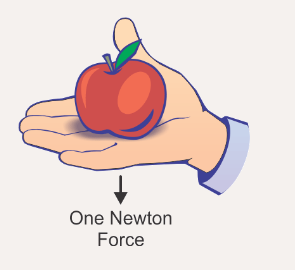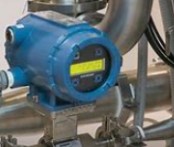
What is a Force Gauge?
Weight is measured in pounds or kilograms, while force is measured in Newtons.
• Newton is the force needed to accelerate 1 kilogram of mass at a rate of 1 meter per second every second.
• An apple's weight is constant anywhere in the universe, but in outer space, it floats.
• Gravity acceleration on Earth is continually increasing at a rate of speed, which varies depending on latitude, elevation, and other factors.
• Scales need to be calibrated at their location to account for the variance in gravity acceleration at different latitudes and elevations.
Performance Testing and Imada's Product Performance Program
• Performance testing is essential for verifying product specifications and customer expectations.
• Imada's Product Performance Program offers two ways to test products: for you and provide a detailed report of test conditions, parameters, methodology, and results traceable to NIST.
• The measurement laboratory is ISO 9001 Registered, with experienced engineers offering the best solution for your application using their products.
Force Measurement Tools
• Force measurement tools include force gauges, mechanical force gauges, digital force gauges, test stands, force tests, force tests, and more.
• Data acquisition software is available for force data acquisition. Durometers, tools, and tachometers are also available for purchase.




